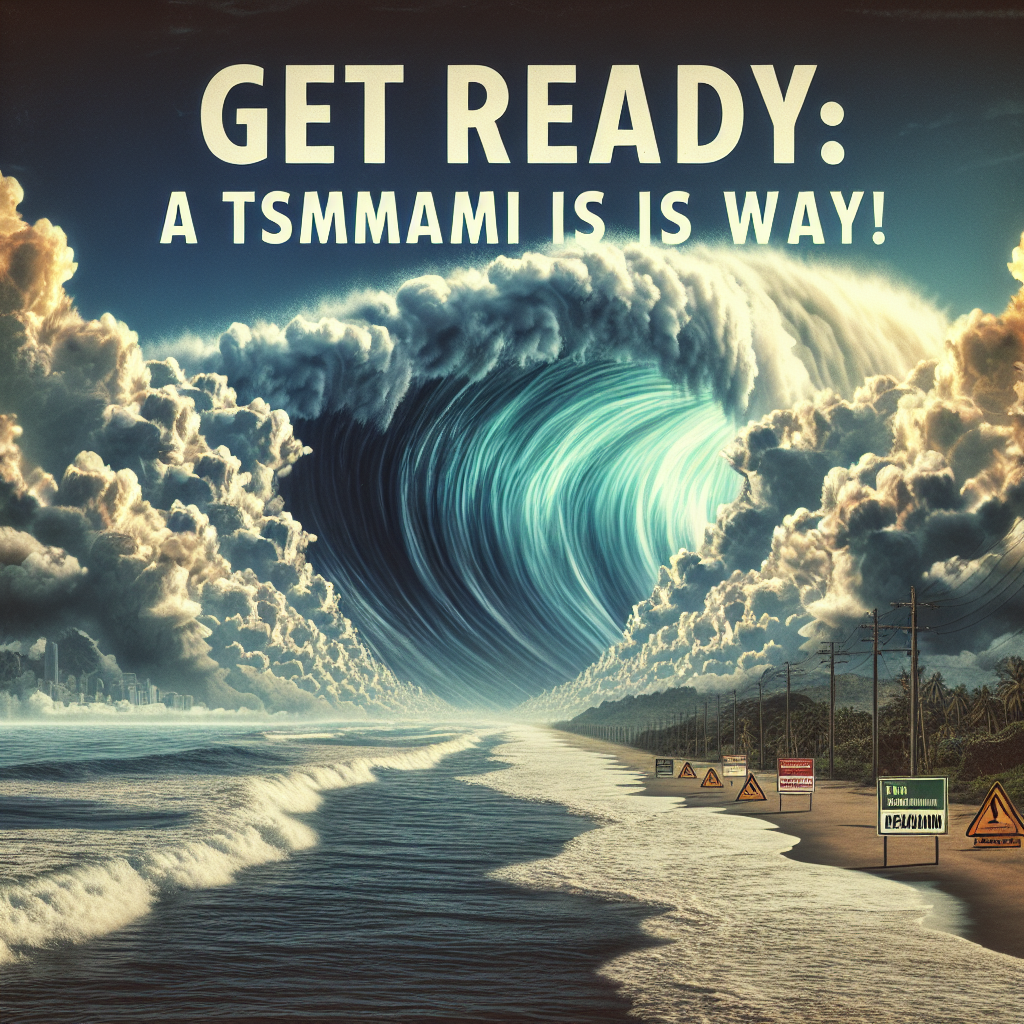Historian Milton Mayer astutely observed the gradual habituation of societies to authoritarian governance, where citizens become accustomed to decisions made in secrecy and perceived as far too complex for public understanding. This conditioning paves the way for the erosion of freedoms, as citizens are led to believe they must trust the government without scrutiny, ultimately fostering a disconnect between the ruling class and the populace. America appears to be treading this perilous path where distractions—political squabbles and manufactured crises—keep the public occupied, while the apparatus of government increasingly operates in shadows detached from the citizenry. This scenario raises pressing concerns about the future viability of democratic principles and freedom in the country.
The present climate suggests that Americans may be losing sight of their freedoms as they remain engrossed in partisan politics. Political battles have led to a bifurcated society, where groups view each other as adversaries rather than recognizing a common threat posed by an entrenched government bureaucracy. This perception of “government” transcends the typical partisanship of the Republican and Democratic parties, pointing instead to a “Deep State” that operates independently of electoral changes. These developments leave citizens feeling powerless and unheard as the government increasingly dismisses the rights of the population it is meant to serve, illustrating an alarming trend towards authoritarian governance.
Critically, the warning signs that accompanied the rise of totalitarian power in historical contexts resonate now more than ever. The mundane acceptance of government actions—like militarization of police, the promotion of draconian laws, and persistent surveillance—denotes a societal complacency that prevents effective resistance to the systemic violations of rights. Such disregards for civil liberties lead to the misconception of a ‘freedom’ that, although claimed, remains illusory. In the face of escalating authoritarian tendencies, Americans must recognize their own complicity in allowing a political environment that rewards division over unity, outrage over active engagement, and distraction over critical thinking.
American life is described as good for many, with comfort allowing for ignorance of the systemic erosions of rights and liberties. The populace continues to consume a mix of political fantasies and distractions that mask the encroaching tyranny. The prevailing mindset often adheres to a false dichotomy of ‘us versus them’, which serves as a diversion from acknowledging the collective threat posed by an ever-expanding government apparatus. As citizens retreat into political echo chambers, real issues confront them unnoticed, nurturing a vulnerability that they are ill-prepared to challenge in a meaningful way.
Furthermore, the systemic inequalities that benefit a privileged few while burdening the majority exacerbate disconnection and denial within society. Individuals perceive their own stability and prosperity as a shield against potential threats, allowing for an environment in which the injustices perpetrated by the government are overlooked or minimized. This detachment feeds a vicious cycle, fostering resentment while the machinery of state power consolidates and perpetuates itself at the expense of egalitarian ideals. The ongoing military engagements, increasing reliance on technology for control, and the commodification of policing reveal the ongoing expansion of a caste system that categorically favors privileged elites.
In conclusion, the notion that life in America remains good is a temporary illusion for many. The challenges posed by a far-reaching government, lacking accountability and increasingly ensconced in power, should evoke an urgent response. The history of authoritarian regimes serves as a crucial teachable moment; periods of disinformation, denial, and distraction have led to systematic abuses of power. The warnings from the past resonate in contemporary society as it teeters on the brink, facing the dual threats of despotism and denial of fundamental freedoms. Recognizing the historical patterns and their implications may empower citizens to reclaim their agency and actively participate in safeguarding the very principles of democracy and freedom that form the foundation of the nation.

